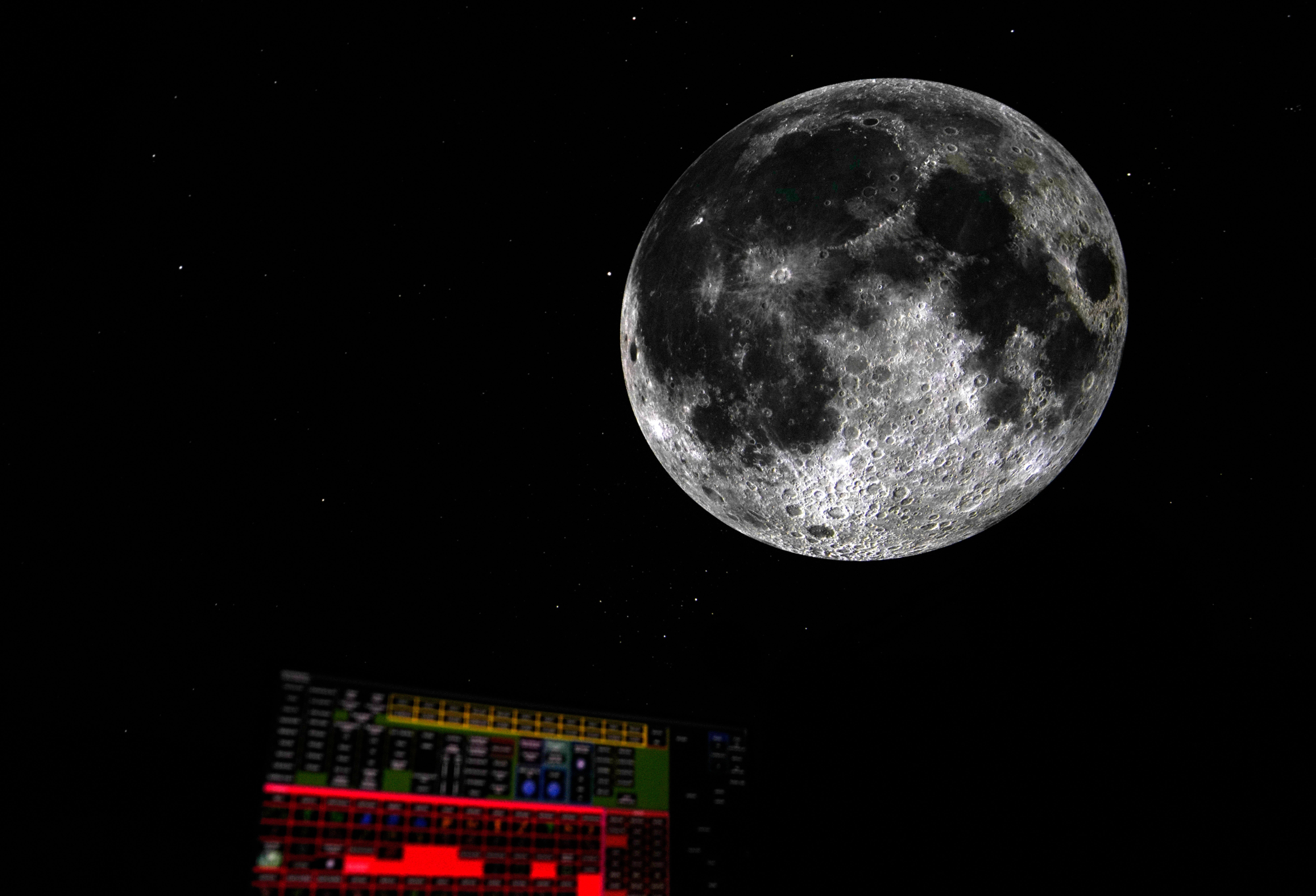International astronomy group joins calls for a lunar clock to keep time on the moon
An international group of astronomers has joined calls to create a standard for keeping time on the moon, where seconds tick by faster

Your support helps us to tell the story
From reproductive rights to climate change to Big Tech, The Independent is on the ground when the story is developing. Whether it's investigating the financials of Elon Musk's pro-Trump PAC or producing our latest documentary, 'The A Word', which shines a light on the American women fighting for reproductive rights, we know how important it is to parse out the facts from the messaging.
At such a critical moment in US history, we need reporters on the ground. Your donation allows us to keep sending journalists to speak to both sides of the story.
The Independent is trusted by Americans across the entire political spectrum. And unlike many other quality news outlets, we choose not to lock Americans out of our reporting and analysis with paywalls. We believe quality journalism should be available to everyone, paid for by those who can afford it.
Your support makes all the difference.Time moves a tad faster on the moon. Now an international group of astronomers has joined calls to give the moon its own clock so that future space missions can keep track of minutes on the celestial body.
The International Astronomical Union voted Thursday encouraging space organizations across the globe to collaborate on a timekeeping standard for the moon, where one day lasts 29.5 Earth days.
“That’s the crux of our resolution: to work together to establish this standard time,” U.S. Naval Observatory’s Susan Stewart said this week at the group's conference in Cape Town, South Africa. Stewart helped propose the resolution.
The moon has less gravity compared to Earth, so time ticks by about 58.7 microseconds quicker every day. As more countries and private companies set their sights on future lunar missions, astronomers want to ensure perfect synchrony with a unified clock. Currently, a moon mission runs on the time of the nation that's operating the spacecraft.
The European Space Agency pushed last year for the creation of a lunar clock. And earlier this year, the White House directed NASA and other agencies to cobble together an initial idea by the end of the year with a final plan due by the end of 2026.
Astronomers are still in the early days of determining exactly how lunar time will tick, said Bijunath Patla, a physicist at the National Institute of Standards and Technology.
“I think that the community has realized that this needs to be done,” Patla said. “And this is the beginning.”
___
The Associated Press Health and Science Department receives support from the Howard Hughes Medical Institute’s Science and Educational Media Group. The AP is solely responsible for all content.